SAF workshop shares pathways to sustainable aviation and connects stakeholders in Thailand
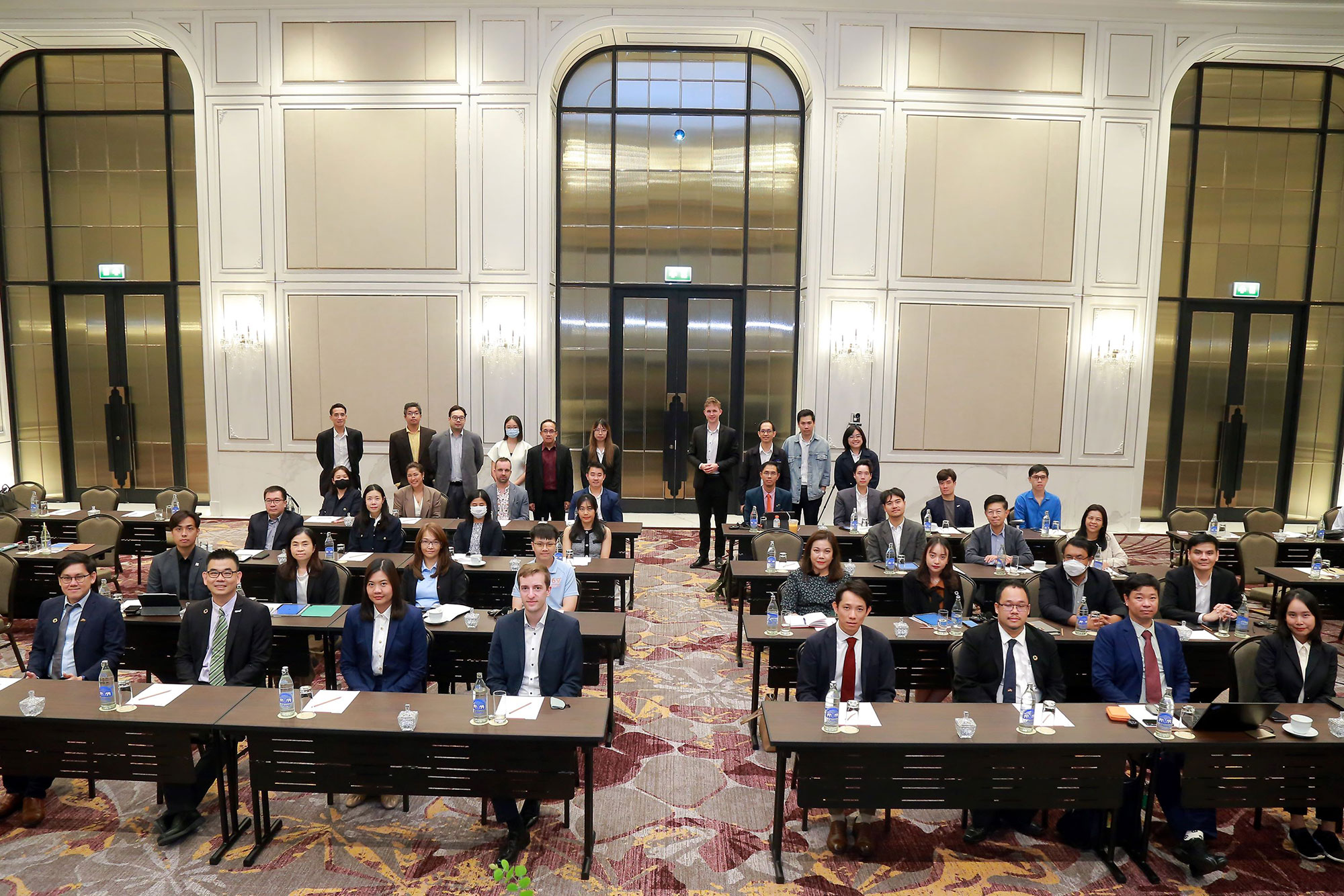
H2Uppp organised a workshop on stakeholders in and strategies around SAF development in Thailand.
- H2Uppp organised a workshop to disseminate findings from the Sustainable Aviation Fuel (SAF) study.
- SAF, a liquid fuel used in aviation produced from sustainable feedstocks, is a key solution for reducing CO2 emissions from the aviation sector.
On 15 February 2024, the International Hydrogen Ramp-Up (H2Uppp) programme in Thailand organised a workshop to share findings from the Sustainable Aviation Fuel (SAF) Stakeholder Mapping Study and to discuss future pathways and strategies to support SAF adoption in Thailand.
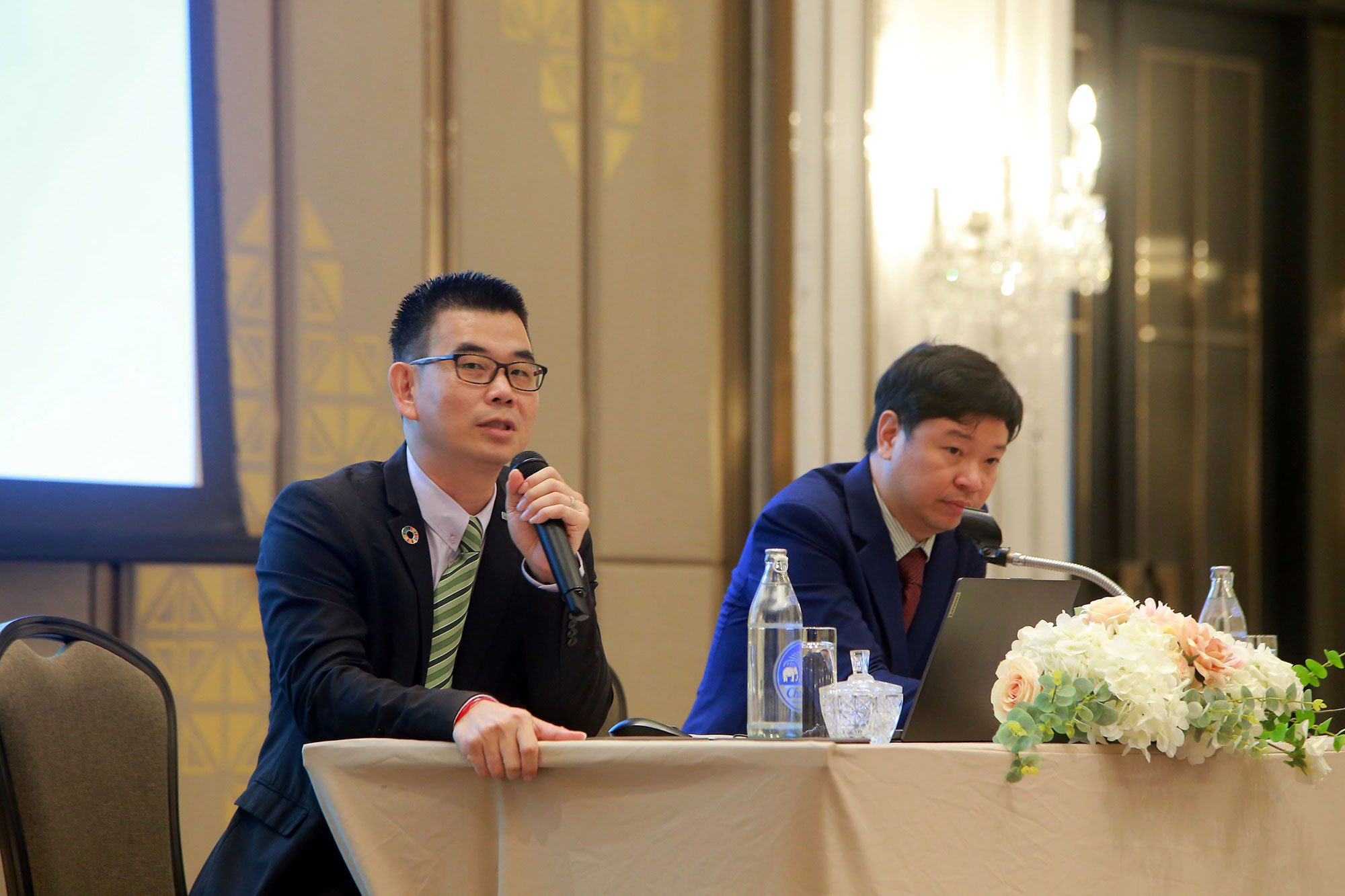
Dr Nuwong Chollacoop, Director of the Low Carbon Energy Research Group, and Dr Visarn Lilavivat, researcher, National Energy Technology Centre (ENTEC)
The SAF dissemination workshop delved into a comprehensive array of topics, offering attendees valuable insights into the multifaceted landscape of SAF development. Dr Nuwong Chollacoop, Director of the Low Carbon Energy Research Group at the National Energy Technology Centre (ENTEC), gave a presentation on SAF strategies in the ASEAN region, shedding light on pertinent approaches and initiatives. Dr Visarn Lilavivat, a distinguished researcher from the same institution, introduced the process of SAF stakeholder mapping and suggested future steps crucial for progress. Dr Kan-Ern Liew, Head of Technology at Airbus Malaysia, provided an alternative pathway for SAF development with a keen focus on regional perspectives, enriching the discourse with aviation industry insights. Mr Khumthorn Nawalertpanya from the Department of Alternative Energy Development and Efficiency (DEDE), Ministry of Energy of Thailand, shared Thailand’s SAF development targets and offered a compelling glimpse into the future outlook. Finally, Dr Watchara Uraisakul, a Program Analyst at Thailand Science Research and Innovation (TSRI), explored important aspects of SAF research and development funding and presented the National Science Research and Innovation Plan 2023 –2027, which can support research projects crucial to driving innovation and sustainability within the aviation sector.
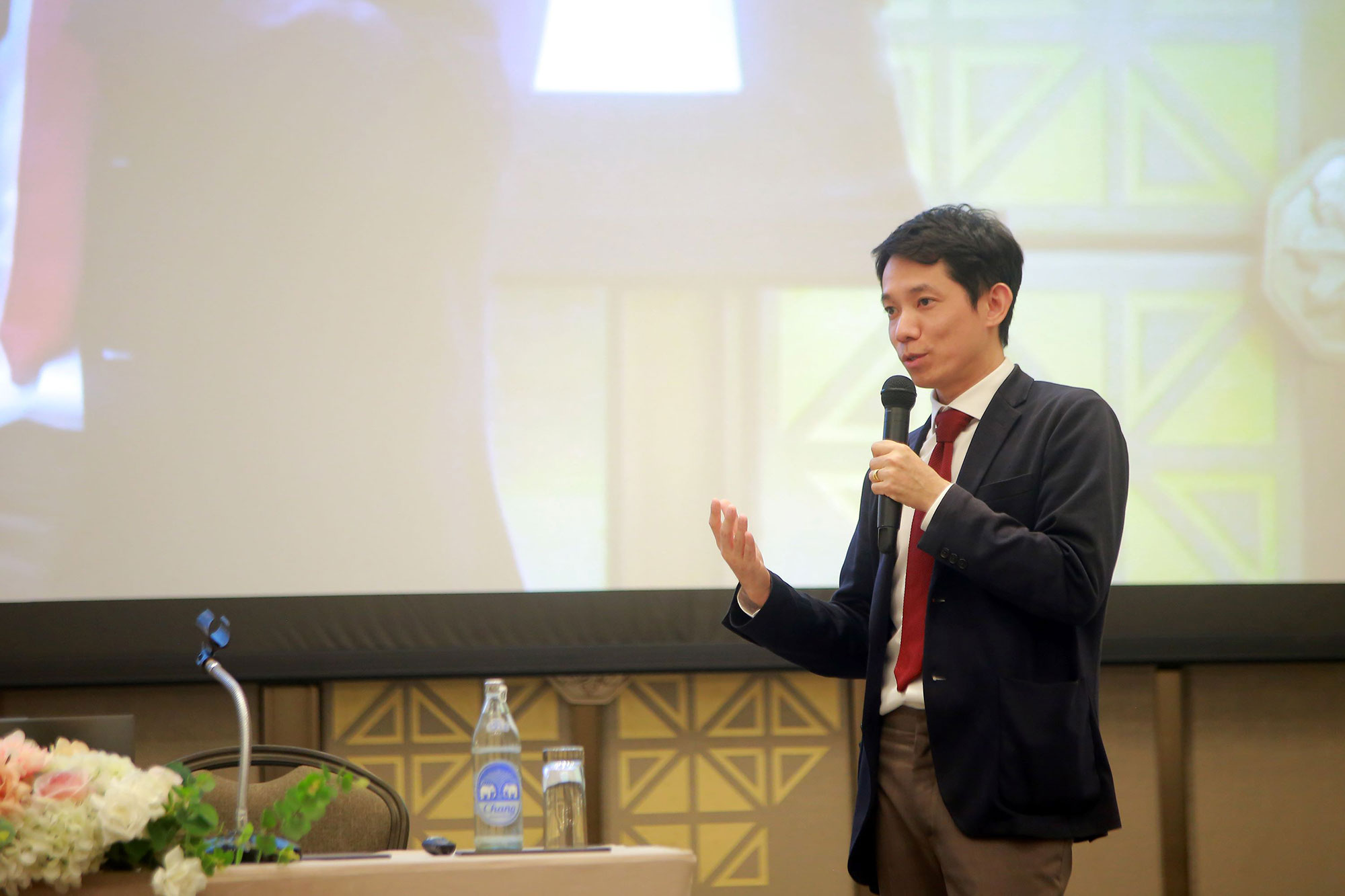
Mr Khumthorn Nawalertpanya, Department of Alternative Energy Development and Efficiency (DEDE), Ministry of Energy
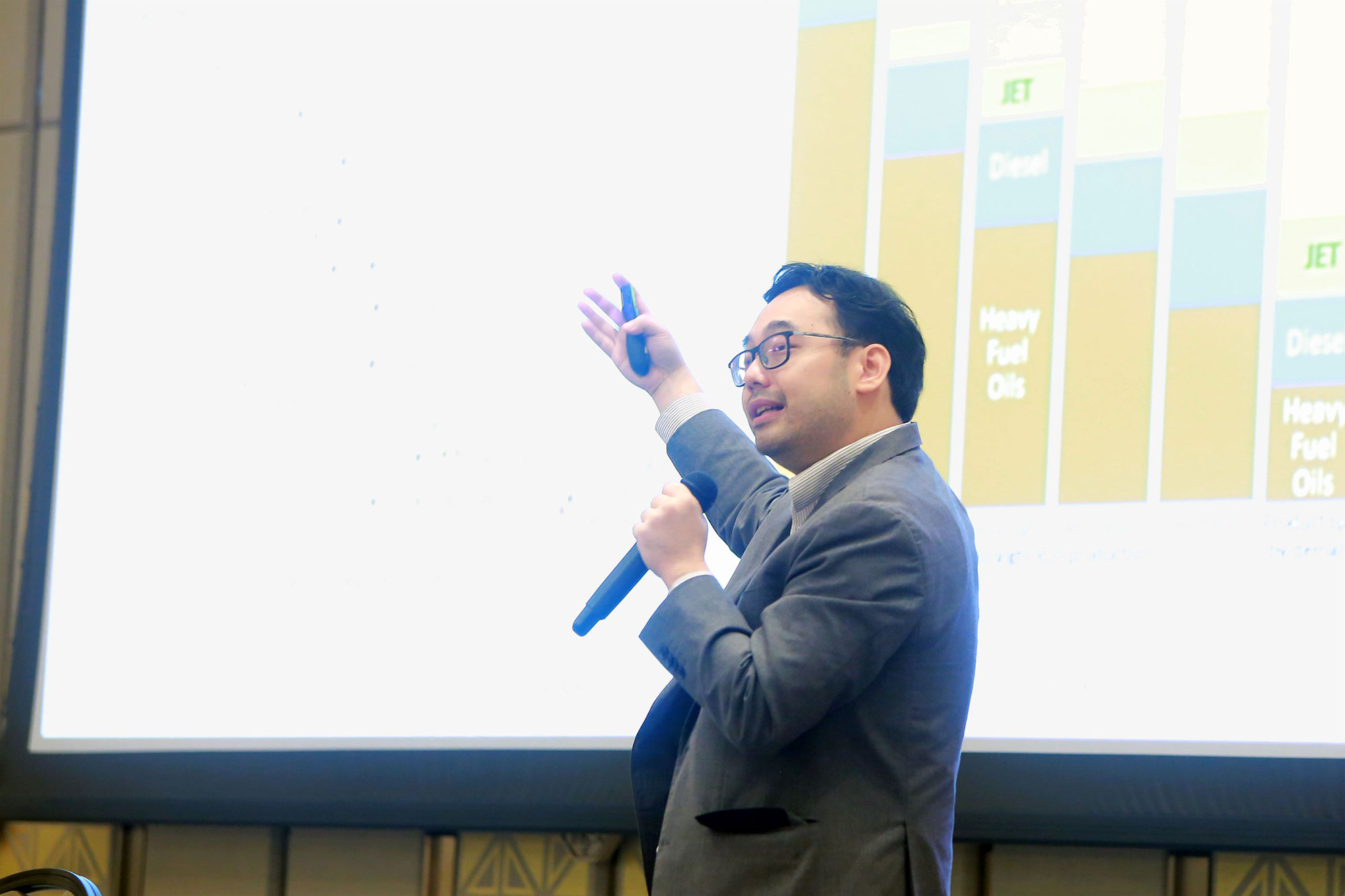
Dr Kan-Ern Liew, Head of Technology, Airbus Malaysia
Thailand boasts several advantages in the realm of SAF development, with its strategic geographical location providing significant connectivity within the Southeast Asian region. While SAF adoption remains a challenging topic, the results of the SAF stakeholder mapping study undertaken by H2Uppp have instilled optimism, showcasing its feasibility and potential. This dissemination workshop serves as a platform to support this initiative by facilitating connections among stakeholders, bringing together individuals representing various facets of the industry—ranging from demand and supply sectors to policymakers—and fostering dialogue essential for the sustainable future of aviation in Thailand.
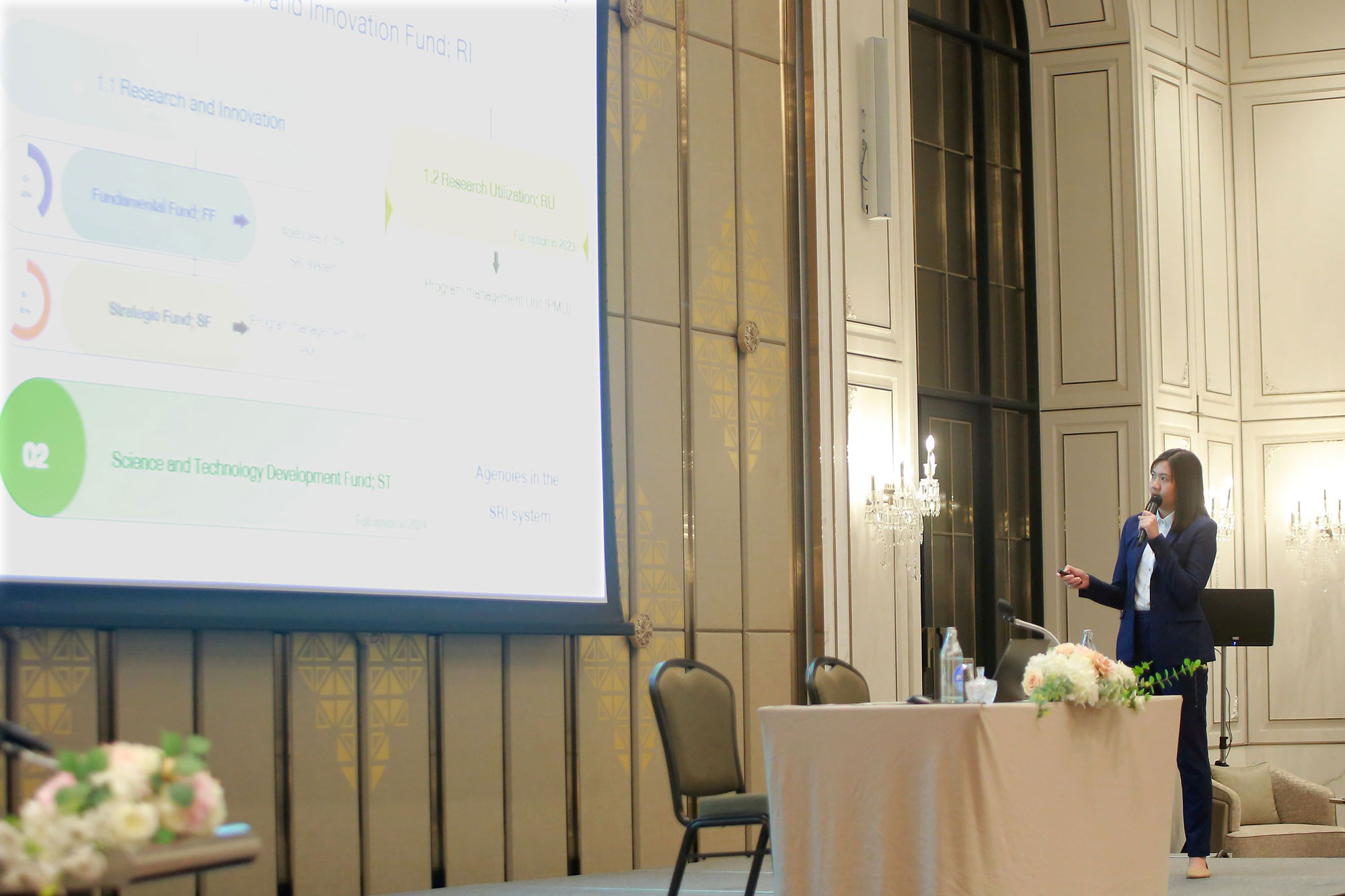
Dr Watchara Uraisakul, Program Analyst, Thailand Science Research and Innovation (TSRI)
Financed by the German Federal Ministry for Economic Affairs and Climate Action (BMWK), the H2Uppp programme is being executed globally by GIZ. Implemented in partnership with the German-Thai Chamber of Commerce (GTCC), Thailand is H2Uppp’s regional hub for Southeast Asia. H2Uppp aims to support the policy and market development for green H2 and Power-to-X through studies and training, the identification and initiation of public-private partnerships (PPP) and projects, and the promotion and dissemination of knowledge through the identification and connection of local and international H2 specialists, in particular, vis-à-vis the German private sector.
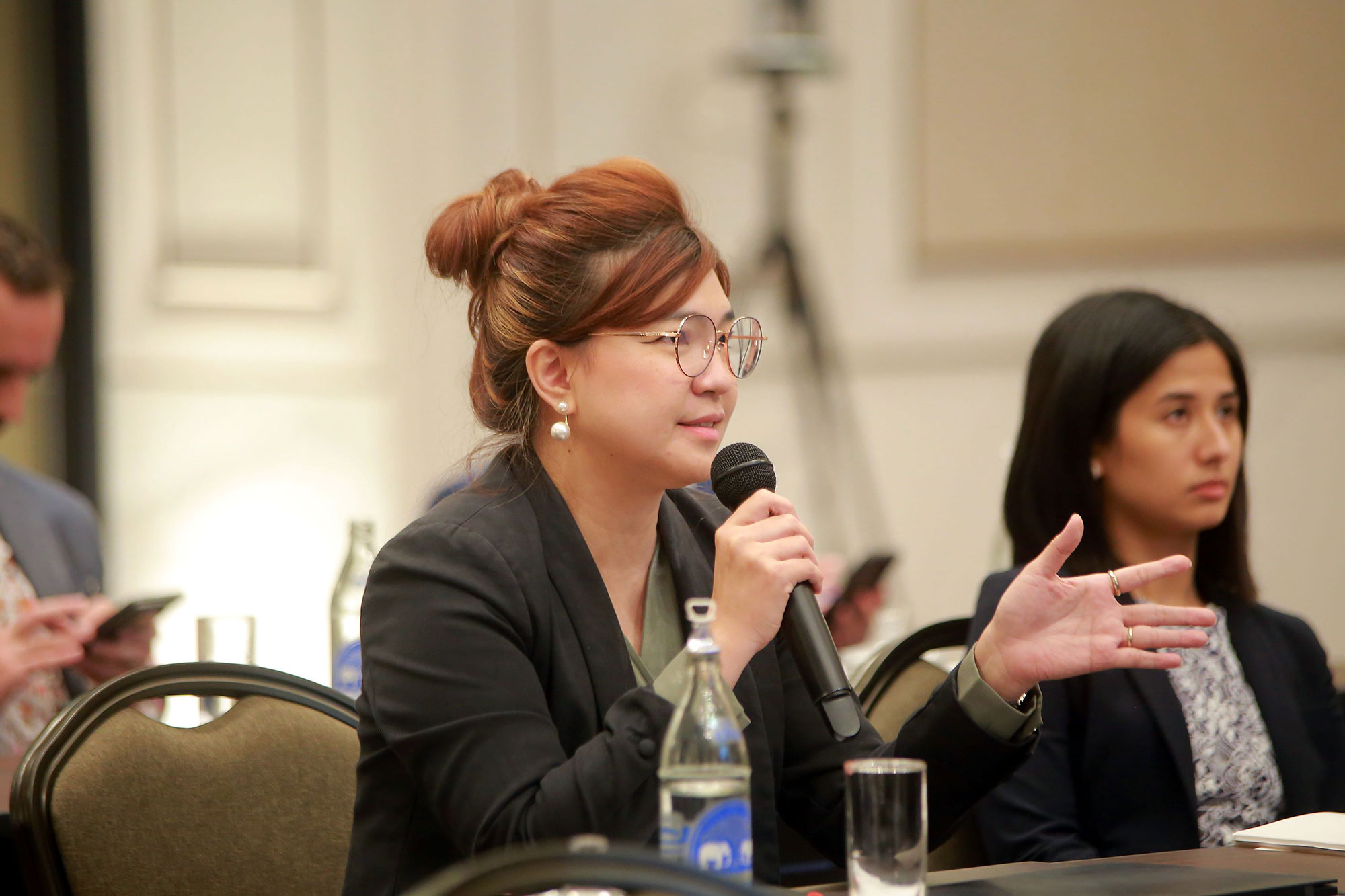
Attendees had the opportunity to participate in the Q&A session.
Tim Nees
H2Uppp Project Manager
Email:tim.nees(at)giz.de